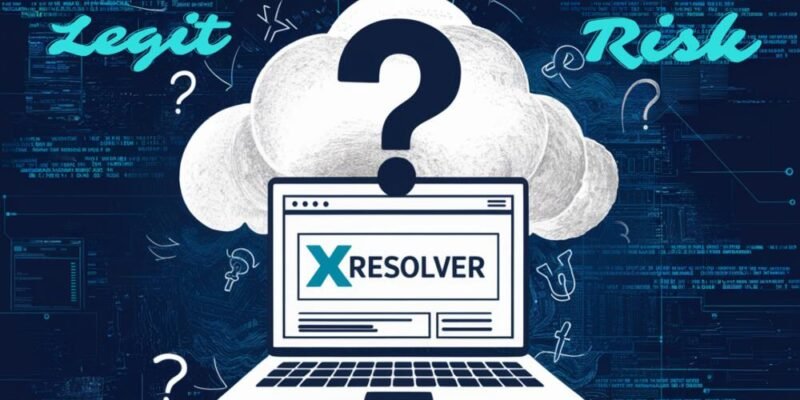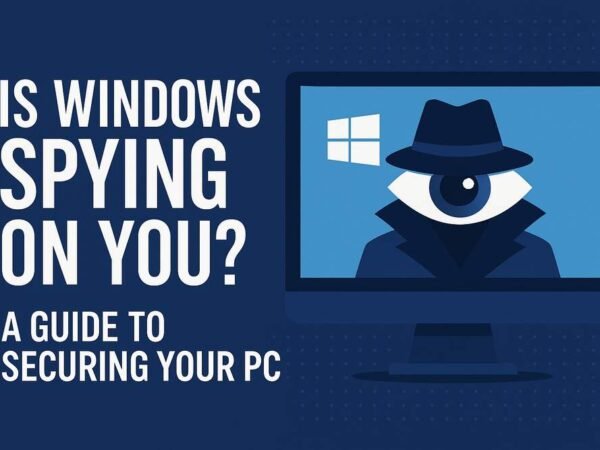In online gaming, privacy concerns are continuously at the forefront. One particular website, XResolver, has stirred considerable debate. XResolver provides a service that allows users to look up the IP addresses linked to Xbox and PlayStation gamer tags and usernames. This capability raises significant questions: Is XResolver a legitimate service, or does it pose a serious risk to online privacy?
What is XResolver?
XResolver markets itself as a tool that helps gamers identify the IP addresses associated with other players’ usernames. According to the site, the primary use of this service is to help manage network issues or enhance gaming experiences by resolving disputes. However, the nature of the data XResolver collects and displays—specifically IP addresses—makes it a tool that can be used for less benign purposes.
How Does XResolver Work?
The process behind XResolver involves scraping public data and employing bots to collect IP addresses from online gaming sessions. When gamers use Xbox or PlayStation networks, their IP address can be exposed during direct connections, such as those made during multiplayer games. XResolver collects these IP addresses and links them to specific usernames, making the data easily accessible through a simple search on their website.
Legal and Ethical Considerations
The legality of XResolver’s practices is grey in many jurisdictions. Collecting and distributing IP addresses is not illegal per se, but how XResolver does so—without the explicit consent of the individuals—raises significant privacy concerns. Ethically, the practice is questionable as it bypasses the privacy norms expected in digital environments, particularly in competitive gaming settings where anonymity is often prized.
Security and Privacy Risks
The implications of having one’s IP address listed on XResolver are far-reaching. An exposed IP address can lead to targeted denial-of-service (DDoS) attacks, where gamers often find their network connectivity compromised during critical gameplay. Worse, it opens the door to more severe forms of harassment, such as swatting—a dangerous prank involving false reports to law enforcement about serious incidents at a person’s address.
Protective Measures and Alternatives
Gamers who are concerned about their privacy have several protective measures at their disposal. A Virtual Private Network (VPN) can mask an IP address, keeping it hidden from other players and scrapers. Furthermore, many gaming consoles and networks offer settings that enhance privacy and restrict the ability of third parties to collect personal data. More legitimate channels exist to resolve game-related disputes, including mediated forums and direct contact with game publishers.
Industry and Community Response
The gaming community and industry have taken steps to address privacy breaches similar to those facilitated by XResolver. Cybersecurity experts continuously advise against sharing personal information linked to gaming accounts. Furthermore, some industry stakeholders have lobbied for more stringent laws and regulations that protect online gamers from such privacy invasions.
Conclusion
Whether XResolver is legitimate or a risk to your online privacy leans decisively toward the latter. While the service does offer a function that could be used in benign scenarios, the overwhelming potential for misuse and the serious implications of such misuse cast a shadow over its legitimacy. The risks to personal privacy and security are significant, making it a tool that many might choose to avoid.
Protecting one’s privacy online, particularly within the gaming community, remains a paramount concern. As digital landscapes evolve, so must the awareness and practices of those who navigate them. Vigilance and proactive privacy measures are recommended, ensuring that gamers can focus on the game’s enjoyment and be free from the worry of external threats.
In summary, while XResolver operates within a legal grey area, the ethical and privacy concerns it raises suggest that its risks outweigh its potential benefits. A cautious approach to personal information is advisable for those in the gaming community. After all, in online gaming, the real opponent may not be on the scoreboard but behind a screen, mining data not meant to be shared.
Read More interesting topics at Disboard.













